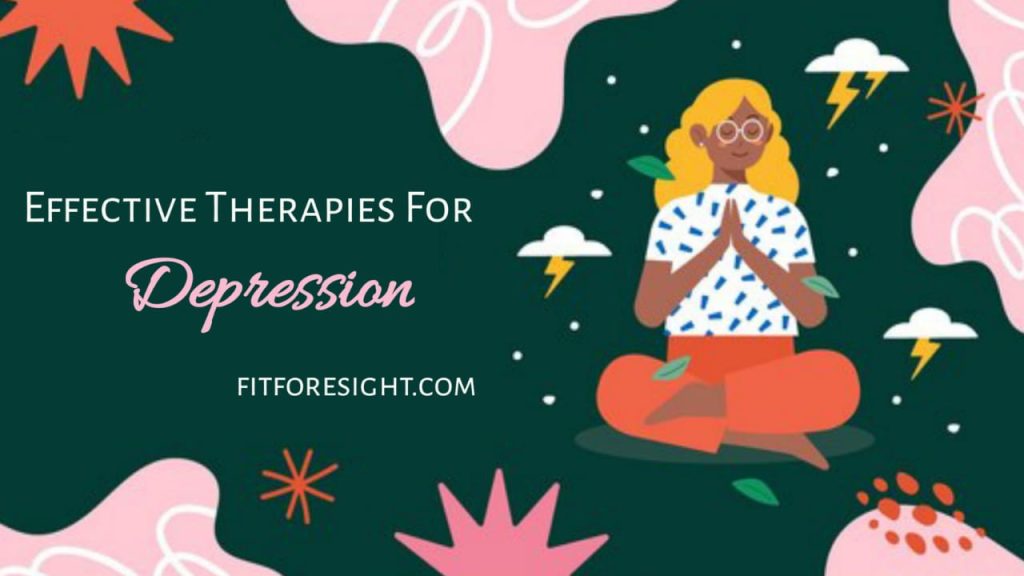A Guide to Healing and Recovery
Depression is a prevalent mental health condition that affects millions of people worldwide. It can have a profound impact on one’s quality of life, relationships, and overall well-being. While medication can be helpful, therapy is often a crucial component in treating depression. In this article, we will explore some of the most beneficial therapies for depression and how they can help individuals on their journey to recovery.
- Cognitive Behavioral Therapy (CBT)
Cognitive Behavioral Therapy, or CBT, is one of the most widely used and evidence-based therapies for depression. It focuses on identifying and challenging negative thought patterns and behaviors that contribute to depressive symptoms. By changing these patterns, individuals can learn to manage their depression more effectively.
- Interpersonal Therapy (IPT)
Interpersonal Therapy is another effective approach for treating depression. It primarily focuses on improving interpersonal relationships and communication. By addressing conflicts, grief, and life changes, IPT helps individuals develop healthier social connections and support networks, which can significantly reduce depressive symptoms.
- Dialectical Behavior Therapy (DBT)
Dialectical Behavior Therapy is especially effective for individuals who struggle with depression along with other conditions, such as borderline personality disorder or self-harming behaviors. DBT teaches mindfulness, emotional regulation, and interpersonal skills, providing a well-rounded approach to managing depression.
- Psychodynamic Therapy
Psychodynamic therapy delves into the unconscious mind to explore how past experiences and relationships influence present behavior and emotions. By uncovering and addressing the root causes of depression, individuals can work toward lasting healing and relief.
- Mindfulness-Based Therapies
Mindfulness-based therapies, including Mindfulness-Based Stress Reduction (MBSR) and Mindfulness-Based Cognitive Therapy (MBCT), focus on increasing awareness of the present moment. These therapies teach individuals to observe their thoughts and emotions without judgment, which can help break the cycle of depressive thinking.
- Art and Music Therapy
Art and music therapies offer creative outlets for individuals struggling with depression. These therapies allow people to express themselves in nonverbal ways, which can be particularly beneficial for those who find it challenging to articulate their emotions through traditional talk therapy.
- Group Therapy
Group therapy provides a supportive environment where individuals with depression can connect with others who share similar experiences. It offers a sense of belonging and community, reducing feelings of isolation, and promoting open discussion about coping strategies.
- Medication-Assisted Therapy
In some cases, a combination of therapy and medication, known as medication-assisted therapy, may be the most effective approach to treating depression. Psychiatrists and therapists work together to tailor a treatment plan that suits an individual’s unique needs.
Depression can be a debilitating condition, but there is hope for recovery through various beneficial therapies. The right therapy for you will depend on your individual circumstances, preferences, and the severity of your depression. Remember that seeking professional help is crucial, and there is no one-size-fits-all approach to treating depression. By working with a mental health professional, you can identify the therapy that aligns with your needs and take steps toward healing and a brighter future. Don’t hesitate to reach out for support and explore the therapies mentioned above to find the one that resonates with you and helps you on your journey to recovery.

